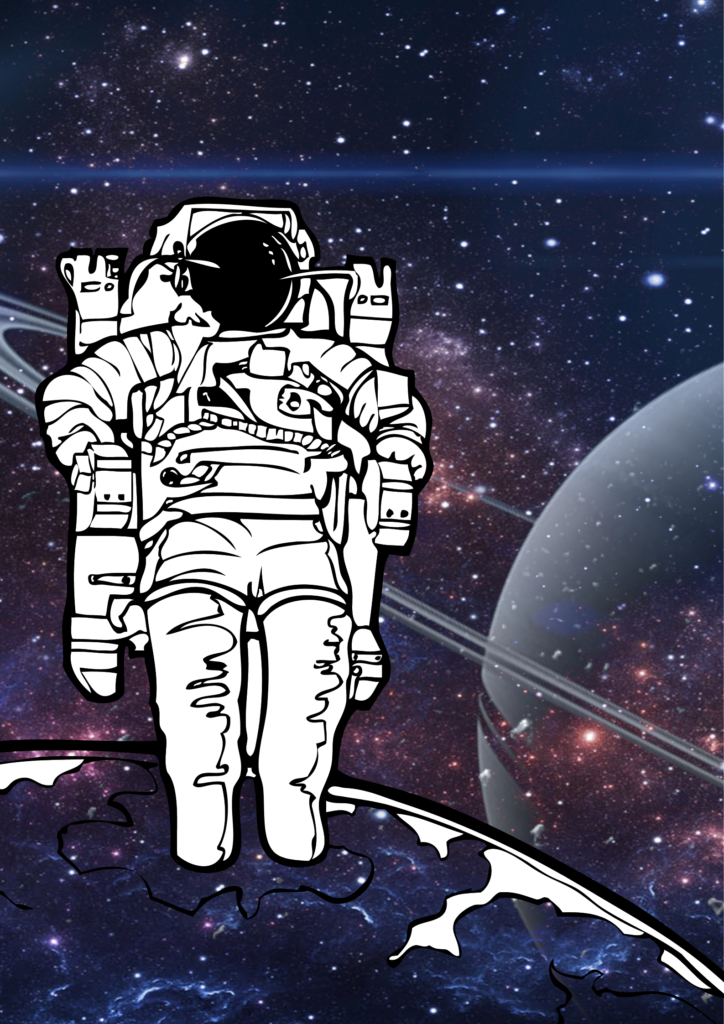Unveiling the Cosmos: A Journey from Myth to Modern Marvel

From Celestial Chariots to the Geometrical Universe
For countless generations, humanity has looked to the heavens, seeking meaning in the twinkling expanse. Ancient cultures wove elaborate stories to explain the celestial dance. The cosmos was a chariot driven by gods, a glittering dome adorned with deities. But the Greeks, with their sharp eyes and inquisitive minds, dared to challenge this mythical view. They envisioned a spherical Earth, not flat, nestled at the center of a universe governed by mathematical principles. This geocentric model, championed by influential thinkers like Aristotle and Ptolemy, dominated cosmological understanding for centuries.
A Copernican Revolution and the Birth of Modern Cosmology
However, a revolution was brewing. In the 16th century, Copernicus, a bold astronomer, dared to dethrone Earth from its cosmic throne. He proposed a heliocentric model, placing the Sun, not Earth, at the heart of our solar system. This radical idea faced fierce opposition, but Galileo Galilei, armed with his revolutionary telescope, provided the first glimpse of evidence to support it. By observing celestial bodies, he challenged the established dogma and paved the way for a more scientific understanding of the universe.
The Expanding Universe and the Big Bang
The 20th century witnessed a truly cosmic leap. Edwin Hubble’s groundbreaking work with distant galaxies shattered the illusion of a static universe. His discovery of red-shifted galaxies revealed a universe in constant motion, stretching and expanding. This became the cornerstone of the Big Bang theory, which paints a picture of our universe bursting into existence from an incredibly dense and hot state nearly 14 billion years ago.
Unveiling the Cosmos: A Never-Ending Quest
Today, we stand on the shoulders of these giants, peering deeper into the cosmos than ever before with marvels of technology like the Hubble telescope. The upcoming James Webb Space Telescope promises to unveil even more secrets. We delve into the intricate tapestry of galaxies, searching for the elusive dark matter and dark energy that dominate the universe’s composition. Beyond our solar system, we seek out exoplanets, potential havens for life, driven by the eternal human desire to know if we are truly alone. Every discovery, every observation, expands our understanding of the vast and intricate cosmos we call home. It is a journey of unveiling, a constant push to unravel the mysteries that surround us, fostering a profound sense of awe at the scale and complexity of the universe we inhabit.




















